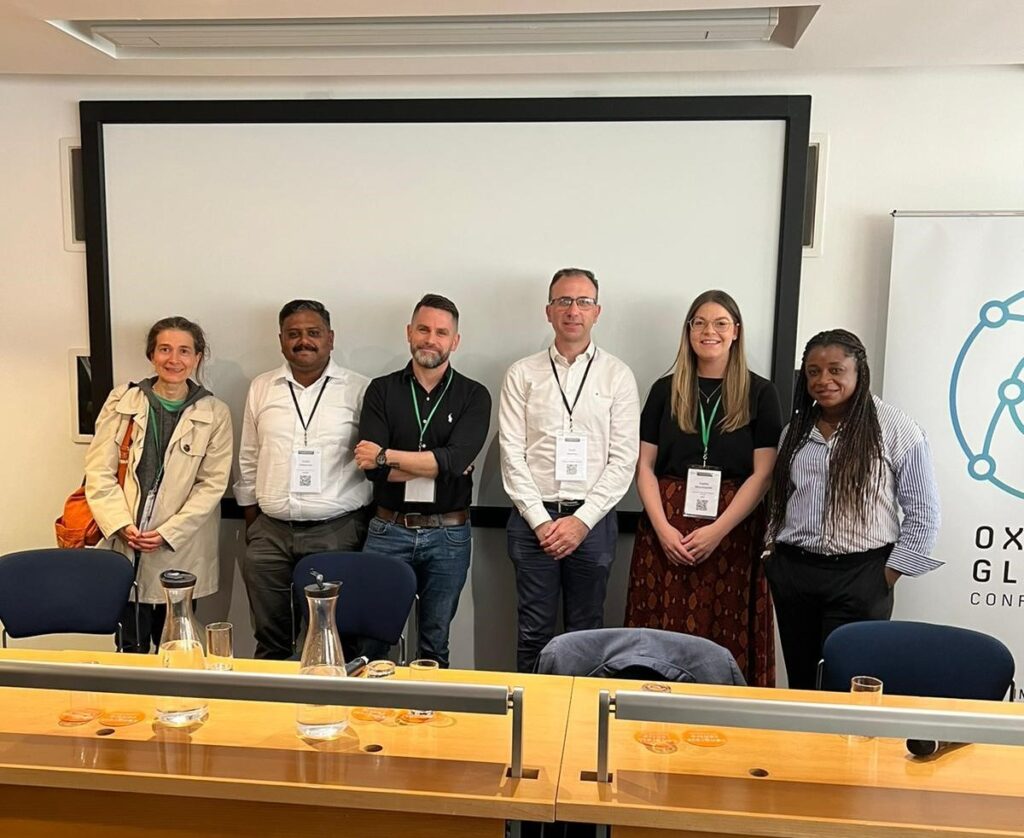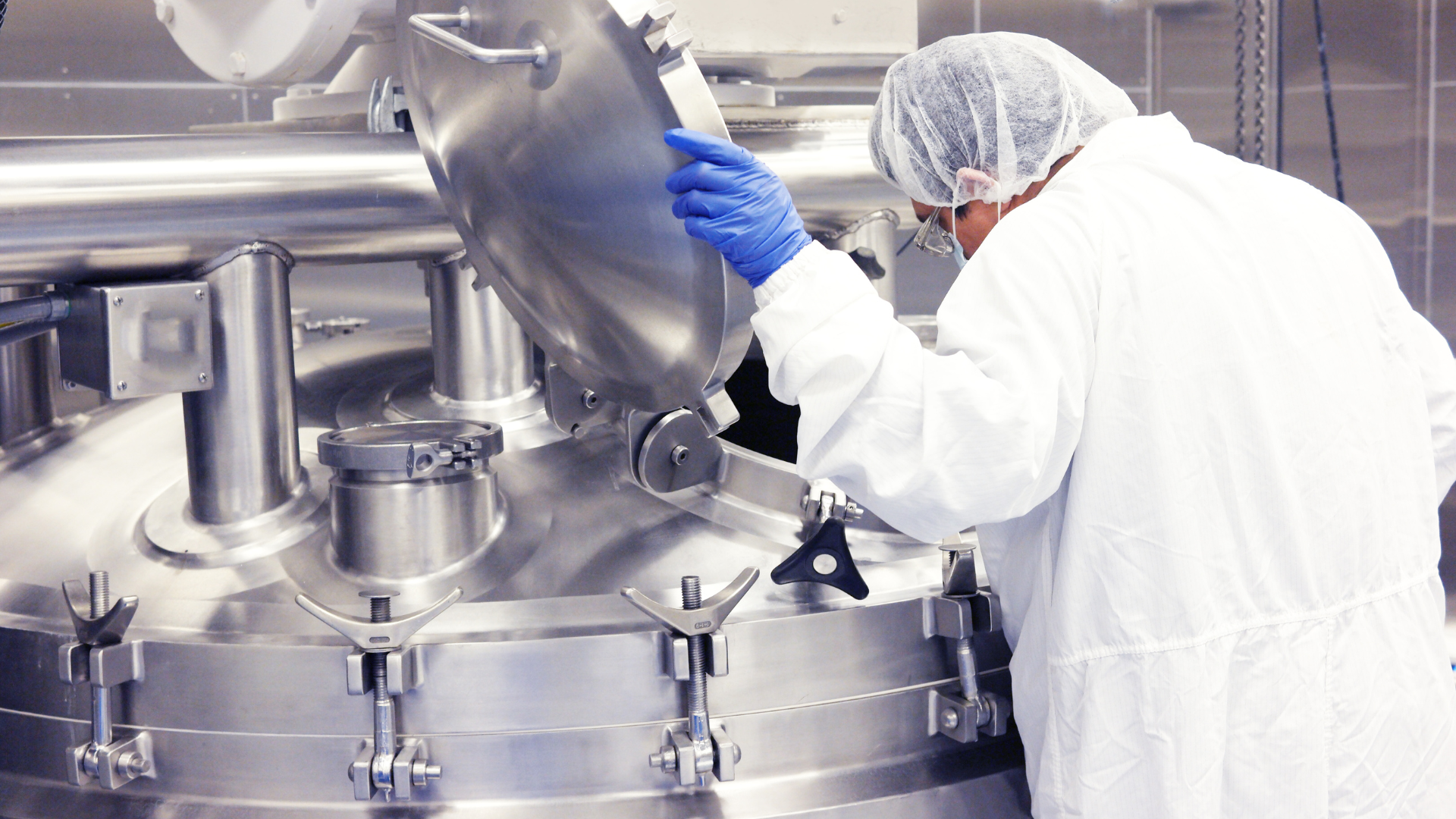Innovation Hubs for Gene Therapies: Advancing the Academic-Led Clinical Development of Novel Gene Therapies

The UK has one of the fastest-growing markets for cell and gene therapies in Europe, with the potential to be a world leader in the development of new therapeutics in this sphere. However, socio-political outcomes and events such as Brexit have hampered its ability to import specialist equipment and materials, stymieing the progress of further research. In 2021, an initiative was launched to address some of the key obstacles facing gene therapy development in the UK. Funded by the Medical Research Council (MRC), the self-funded charitable medical research organisation LifeArc, and the Biotechnology and Biological Sciences Research Council (BBSRC), the initiative involved the establishment of three Innovation Hubs across the country to support academics in bringing their gene therapies to the clinic.

Representatives from each of the institutions involved spoke at Gene Therapy Development &Manufacturing 2023 in London to discuss how the Innovation Hubs are tackling sector-wide vector manufacturing challenges. Some of the issues addressed included scale-up, quality control, and GMP (good manufacturing practice) production. The roundtable was led by Dr Anji Miller, Skills Lead, Innovation Hubs for Gene Therapies and Senior Business Manager at LifeArc.
What are the Innovation Hubs?
Dr Sophie Mountcastle is the Network Manager for the Innovation Hubs for Gene Therapies. She explained that the core concept came from a collective ask from the UK's gene therapy community to the funders. “One of the big gaps that we're seeing is that academics are really struggling to get access to small-scale GMP manufacturing for that early entry into phase I trials,” said Mountcastle. The three Hubs – King's College London (in partnership with University College London and the Royal Free NHS Foundation Trust), the University of Sheffield, and NHS Blood and Transplant in Filton, Bristol – are focused on closing that gap.
“We offer manufacturing of AAV (adeno-associated virus) and lentiviral vectors,” Mountcastle explained. “Part of the ethos of the network is that we also offer broad translational support for academics entering the GMP environment.” The Hubs aim to utilise the pooled research base of academic and healthcare centres with a view to facilitate innovation. “The skills gap in the manufacturing and bioprocessing sectors is quite commonly talked about at conferences,” added Mountcastle. “The Innovation Hubs offer a range of different courses from MSc programmes to hands-on vocational training to help to upskill the sector.”
Under the initiative's current timeframes, GMP manufacturing of AAV vector will come online early next year. “These are both public and charity-funded sites, so we're aiming to make it as cost-effective as possible for our customers,” Mountcastle added. “We have Sheffield and Bristol working on scale-up of a suspension AAV platform at the moment, with London's adherent AAV platform expected to come online later in 2024. LV vector is already available at GMP-grade.”
Unique Opportunities and Approaches Offered by the Hubs
In terms of what the Innovation Hubs can offer the academic community, offering checks and balances is a key part of the package. This also extends to regulatory insights for academic and commercial projects, offering fresher academics advice on how to prepare for the clinical submissions process. “It's important to be thinking about that GMP environment,” said Mountcastle. “We're in a unique position where we're bridging the gap between academia and industry, and hopefully making that project more viable for future investment.”
- Replacing the EU's Clinical Trials Directive: impacts for clinical trial reviews
- Key considerations for implementing AI/ML approaches in gene therapy manufacture
- Refining analytics for gene therapy delivery systems
At the other end of the commercialisation pipeline is Dr Toby Gamlen, Vector Production Manager at the University of Sheffield. A focal insight of his concerns the consistency of data, and the importance of data integrity. “Making sure that it's all there in your LIM (laboratory information management) system straight away and keeping that from day one is a gamechanger for academics moving into the sector,” he offered. In this context, maintaining the right standards for this approach and securing the relevant documentation should be paramount. Data standards are particularly valuable given the rapidly evolving regulatory landscape for gene therapies at present.
Utilising Current Approaches and Future Technologies
A fundamental component of the Innovation Hubs project is the Bristol-based Clinical Biotechnology Centre at NHS Blood and Transplant, in Filton. As the Viral Vector Hub Manager, Sujith Sebastian oversees and directs hub related activities at the centre. He highlighted that the “research conducted in academic settings often follows different procedures compared to the strict protocols and quality requirements needed for GMP production”. This could lead to potential modifications in the product's attributes between its development stage and its later clinical stages. “The level of process development which is required to make these changes is probably not going to happen in an R&D lab.”
Sebastian added that academic organizations may not always have the capacity to place a strong emphasis on developing products in strict accordance with GMP. “As this transition is integral to the technology transfer process, we should consider our ability to offer comprehensive process development and manufacturing expertise,” he continued.
Miller seconded this, adding that the continually evolving landscape and technology involved meant researchers would need to continually learn to stay ahead. “What's become clear is that as the sector is moving so fast, the advanced therapies research sector and gene therapy space needs a particular skill set and the hubs can support the development of these skills through support and knowledge sharing.” Discussing upcoming technologies and approaches that could shape the future of gene therapy development, Gamlen highlighted digital twinning. “That makes it easier for small-scale facilities like ours to offset the huge cost of production using software sensors.”
Current Challenges Faced by the Innovation Hubs
Of the many obstacles currently posed in manufacturing and development for cell and gene therapies in different areas of the UK, equipment availability is a significant bottleneck. Supply was an issue highlighted by Dr Francesca Semplici, Head of Process Viral Vector at Royal Free London NHS Trust. “It seems that everything on the manufacturing side – like plastic-ware and liquid consumables – is based outside of the UK,” she said. “So if you want to talk to someone technical involved in manufacturing you have to go to Germany, the US, or China.”
Geography can pose its own constraints when it comes to recruitment as well. “In the sector in general it's an issue,” said Gamlen, “but for us to peel people away from the south and bring them to Sheffield for gene therapy when it's not really established as a sector there is proving to be a unique issue for us.” Despite limitations with recruitment, Gamlen said that his team were already making R&D-grade material after moving to their new premises last year. “Although that speed is a problem for us – I'm constantly trying to slow everyone down and say, ‘we have to do it right first time' because it's much harder to do it the second time round.”
Looking to the Future of Development in the UK
Reviewing the aims and purpose of the Innovation Hubs, Mountcastle said that the investment in the field has demonstrated the utility of collaborative approaches. “One thing the advanced therapy sector certainly has done is promote the fact that you have to collaborate, regardless of what sector you're from,” said Miller. “Hopefully you'll see industry working with the network to progress things, but obviously there are still challenges that the Hubs are going through.”
With the UK government's goal of the nation being a cell and gene therapy superpower by 2030, sustainable support is needed. While the sector is fast-moving and new approaches are costly, new treatments provide hope for many diseases, including the possibility of cures for some rare diseases. “The UK is a European leader in advanced therapy research,” Miller continued. “The problem is that the promising translational research needs help to get beyond the lab, and this is what the Innovation Hubs will support.”
“You have to collaborate, regardless of what sector you're from.”
Still, the work done by the Hubs and their collaborators to date represents a tangible success story for the UK. “This is an amazing initiative,” said Miller. “We need to make sure the Innovation Hubs and network offerings are sustainable, and that we have the means necessary to continue after the five years' initial investment, thereby ensuring the impact of the Innovation Hubs and network grows from strength to strength.”
Want to receive the latest industry announcements on cell and gene therapy manufacture and development? Sign up for our Cell series newsletter to get up-to-date news each month. If you'd like to know more about our upcoming Gene Therapy Development UK conference, visit our event website to download an agenda and register your interest in one of the country's leading cell therapy congresses.
To find out more about the Innovation Hubs for Gene Therapies, visit their website.






.png)
